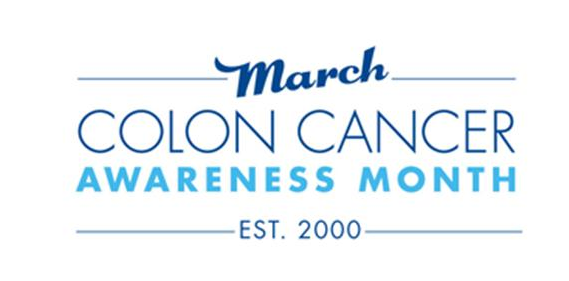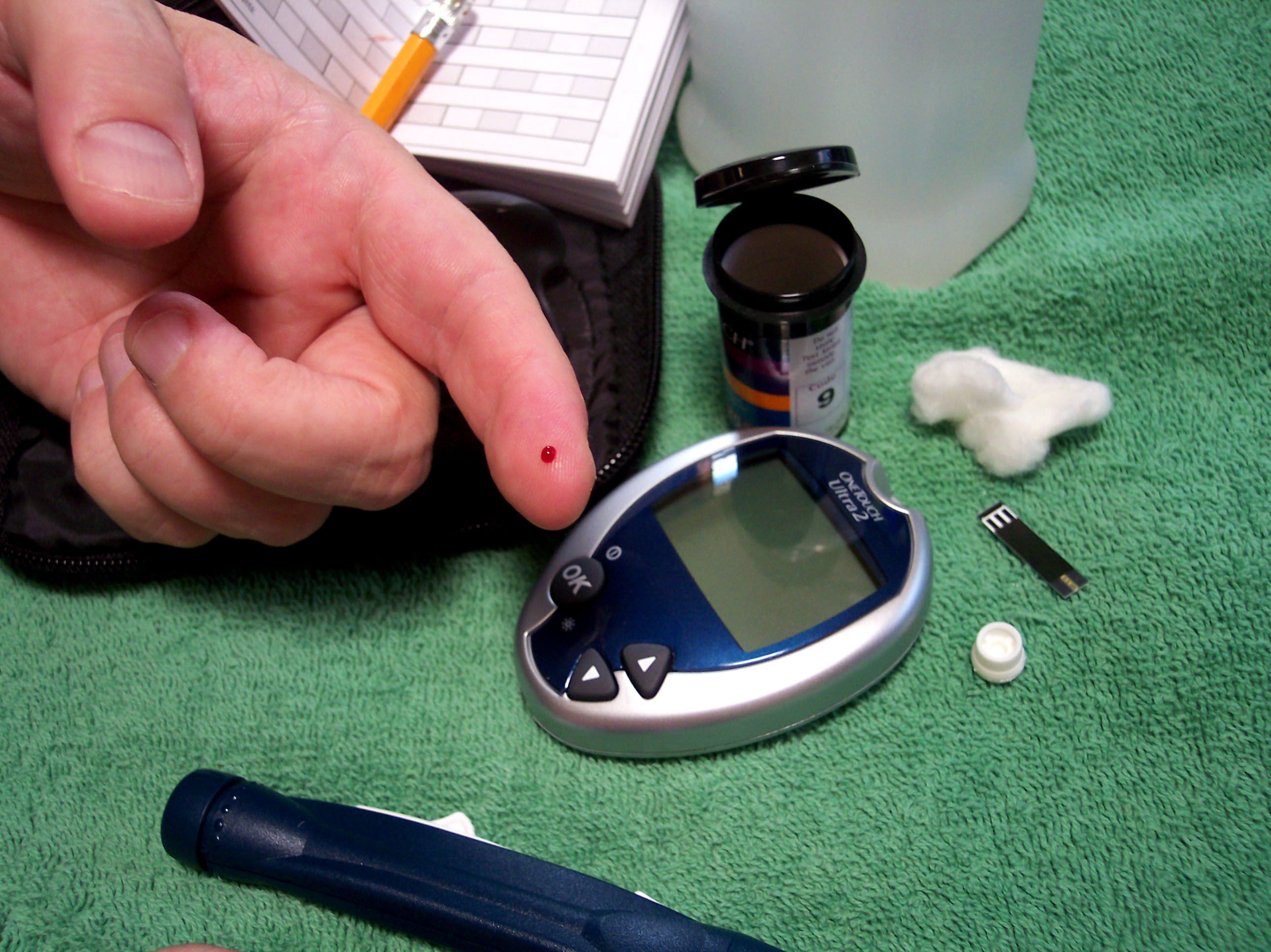This past Mother’s Day launched the 22st annual National Women’s Health Week. Led by the U.S. Department of Health and Human Services (HHS) Office on Women’s Health, the goal is to empower women to make their health a priority and raise awareness of the steps one can take to improve their health.
The Centers for Disease Control and Prevention (CDC) recommends many common measures such as proper health screenings, staying physically active, eating healthy, and promoting other healthy behaviors. Healthy behaviors include getting enough sleep, being tobacco-free, washing your hands, not texting while driving, and wearing a seatbelt, a bicycle helmet, sunscreen when appropriate, and masks when social distancing isn’t possible. The Office on Women’s Health website has specific suggestions for women through their 20s to their 90s.
Women can face difficulty accessing healthcare depending on where in the country they are, being believed or taken seriously by healthcare professionals, can have their bodily autonomy questioned when seeking certain services, and report forgoing healthcare services more than men. Maternal mortality, women dying of complications of pregnancy or childbirth, is increasing in the United States and is now four to six times higher than in many European countries. The Centers for Disease Control and Prevention (CDC) give a figure of 17.4 per 100,000 births, or 658 women per year, with an enormous racial discrepancy. The rate is 14.7 per 100,000 for white women and 37.1 for Black women.
The Affordable Care Act (ACA; aka Obamacare) established essential health benefits that insurers are required to cover, including maternity care. The Trump administration, failing to repeal the healthcare law, undermined the ACA such that insurers would be allowed to omit essential health benefits from their insurance offerings, leaving the state of health insurance to pre-ACA standards when women were often charged inordinate fees for “extra” maternity coverage. President Biden has given federal agencies the authority to review all existing regulations and identify any aspects that are inconsistent with the ACA, including policies that undermine protections for people with pre-existing conditions, policies that create barriers for individuals attempting to obtain ACA coverage, and policies that reduce affordability, though meaningful corrections may still be far off.
Moving further to reverse the harm of the Trump administration to women’s health, President Biden’s Department of Health and Human Services has proposed regulations to end the Title X gag rule that forbids healthcare providers that receive federal funds from discussing, offering, or referring patients for abortions. Federal law still bars federal funds from being used to pay for abortions, but organizations providing abortions would now be allowed to use Title X funds for other programs without having to maintain separate facilities, staff, and financial accounting — as they were prior to the Trump administration’s changes.
COVID-19 has affected all facets of healthcare, including women’s health. Women are more likely to have gone without healthcare during the pandemic and face health and economic challenges prior to the pandemic have experienced worsening health conditions as a result of skipping health care services during the pandemic. There are also concerns with increased domestic abuse. Every year, more than 10 million Americans experience domestic violence, and the pandemic and isolation necessary to combat it may have driven those numbers even higher.
In the past, we’ve detailed the National Breast Cancer and Cervical Cancer Early Detection Program; a program that has provided low-income, uninsured, and underserved women access to timely breast and cervical cancer screening and diagnostic services for over 25 years. Information for the local offerings from the program can be found in the NeedyMeds State-Sponsored Programs database. There are other government programs for women’s health to be found on our site, including WISEWOMAN, a program that provides low-income, uninsured/under-insured women with blood pressure, cholesterol, and diabetes screenings.
NeedyMeds has a database of over 18,000 free, low-cost, or sliding scale clinics, more than 7000 of which offer women’s health services including over 450 Planned Parenthood locations. Search your ZIP code for clinics in your area, and find Women’s Health in Services under the Details heading to find free or low-cost medical attention. Assistance for women’s health can also be found in our Diagnosis-Based Assistance database by searching for conditions that affect the women in our lives, including many that offer various forms of assistance for women seeking an abortion and for those affected by the novel coronavirus. For more resources, check our website at Needymeds.org or call our toll-free helpline at 1-800-503-6897 9 am to 5 pm Eastern Time Monday through Friday.





